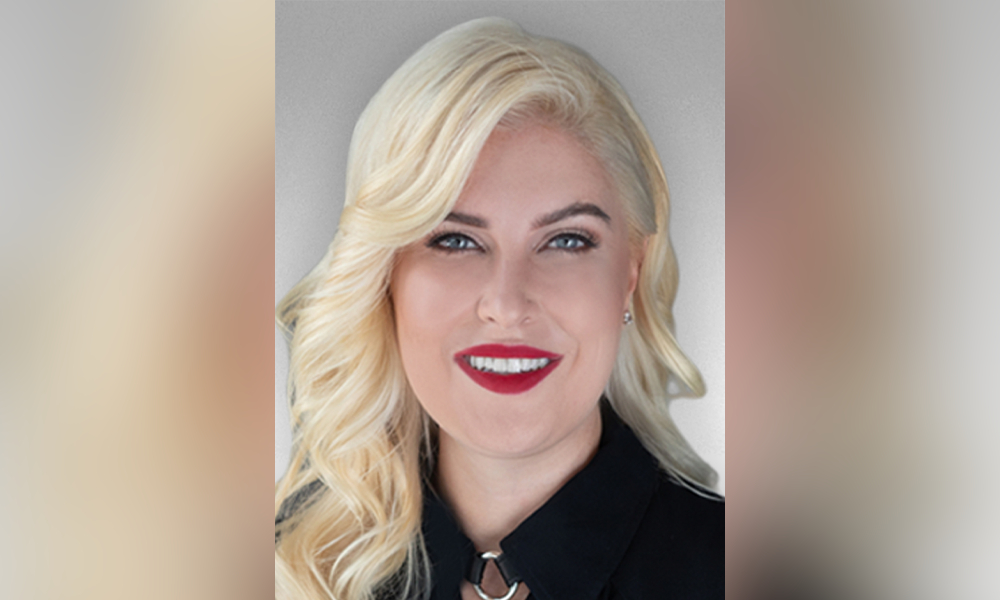
Other trends in will and estates: planning for tax increases, and First Nations trusts litigation

Litigation arising from the remote witnessing of wills, and opportunities in estate planning resulting from increases in taxation as a result of the COVID-19 pandemic may be on 2021’s horizon, says a litigator specializing in wills and estates.
Remote witnessing legislation has been enacted across many provinces in order to address the pandemic and safety concerns around the witnessing of wills, says Crista Osualdini, a partner at McLennan Ross LLP in Edmonton and a Lexpert Rising Star in 2020.
“Previously, you would have to witness the will in person, while now you're capable of witnessing over a videoconference,” she says. “The type of litigation that may arise surround [remotely witnessed wills], particularly in regards to allegations of undue influence and lack of capacity, will be interesting to see. While videoconferencing is great and, unfortunately, a necessity … now, it's not the same as meeting with someone.”
Aside from it being more difficult to get to know a new client whom a lawyer has only met via videoconference, it’s also uncertain who might be in the room with the person signing the will, and who therefore might be influencing them. Litigation challenging the will “is a trend we could see, and a unique area of law that we could see developing,” she says.
Osualdini’s practice in estate litigation matters includes those relating to elder abuse, and protecting vulnerable persons who have fallen victim to it. “That, sadly, is becoming more of a common occurrence,” she says, as many elderly people in our society do not have strong and healthy family resources, which can make them susceptible to individuals who want to take advantage of them.
Capacity is a “grey” area, she adds, with a balance to be struck between allowing the elderly to maintain freedom and autonomy, but also protecting them from unscrupulous individuals who may include family members.
Changes in taxation may also be looming on the horizon, once the COVID-19 pandemic has been wrestled under control, with the government seeking to build up its coffers again. That could come from increased taxes and probate fees, she says. Increasing the capital gains tax has “been bandied about for the past few years,” and if that does materialize it will lead to planning opportunities for lawyers “to crystallize capital gains before the change goes in.”
Osualdini is also a lead counsel in longstanding and complex litigation relating to a First Nation’s trust, established by the late Chief Walter Twinn. The litigation has engaged complex issues of trust law, including relief aimed at expanding the jurisdiction of the Court of Queen’s Bench to vary trust provisions, and addressing the impact of the legislative amendments arising from the 1985 amendments to the Indian Act on First Nation trusts.
“The trustees of the trust have brought an application to have the beneficiary definition in the Act struck down for being discriminatory, and to have it changed to be consistent with how First Nations membership for this particular First Nation is determined,” says Osualdini.
Becoming a member of the Sawridge First Nation in Alberta requires approval by its chief and council, “and so simply because you have lineage to this First Nation doesn’t necessarily mean that you'll be accepted as a member.”
The 1985 Sawridge Trust action began in 2011; Osualdini is representing Twinn’s widow, who has supported the right to membership for those with lineage in the band.
A granddaughter of a former Sawridge chief and later senator, Walter Twinn, has been denied membership in the band, along with others, even though she was born on the Sawridge reserve. When Twinn was chief of the Sawridge band, and when oil was discovered on Sawridge land in the 1960s, two trust funds were created to control the community’s income. A source cites the Sawridge trusts as being worth approximately $140 million in 2015.
“When this trust was established, it was cutting edge for a First Nation to use the trust structure to hold its assets; that’s becoming more common today among First Nations,” says Osualdini. First Nations “have unique community and political structures that are amenable to using trusts to preserve and grow the wealth of the nation.”
“Given their increasing popularity, it will likely lead to further litigation or issues for advice and direction” from the courts, she says.